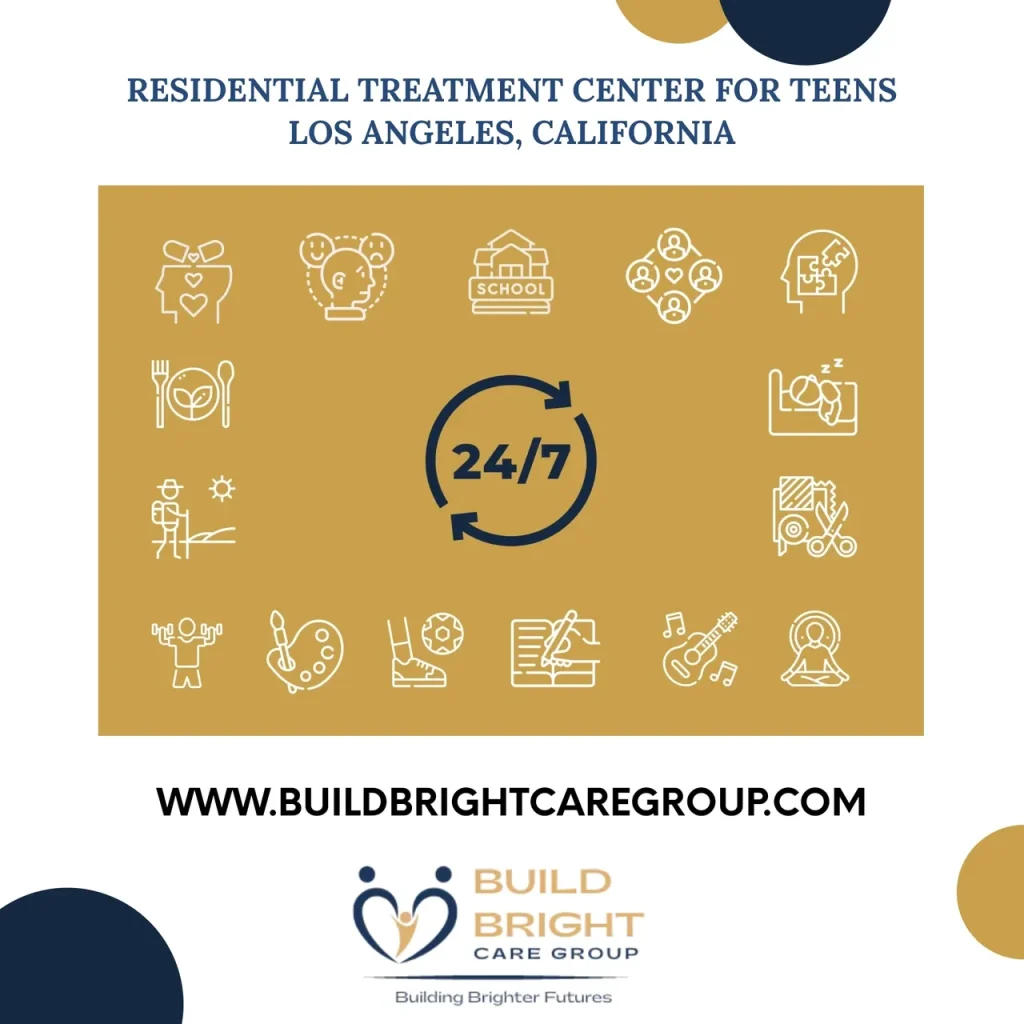Helping teens overcome trauma is a delicate and ongoing process that begins with understanding what they’re experiencing. Teen trauma is a complex and sensitive issue that can have lasting effects on an adolescent’s emotional development, mental health, and sense of safety. Whether stemming from abuse, neglect, loss, violence, or a major life change, trauma during the teenage years can disrupt relationships, academic progress, and everyday functioning. As a parent or caregiver, it’s essential to learn how to provide the right kind of support during this vulnerable time. When you know how to help teens overcome trauma in compassionate and informed ways, you can foster healing, rebuild trust, and lay the foundation for long-term resilience. In this article, we’ll explore expert-backed strategies to support your teen’s recovery journey.
What Is Teen Trauma, and How Does It Impact Adolescents?
Teen trauma refers to any distressing or disturbing event that overwhelms a teen’s ability to cope. This can include experiences such as physical or emotional abuse, neglect, natural disasters, accidents, or witnessing violence. Trauma can profoundly affect a teen’s sense of safety, trust, and self-worth, leading to a range of emotional, behavioral, and cognitive symptoms.
Recognizing the Signs of Teen Trauma
It’s essential for parents to be vigilant and observant of potential signs of trauma in their teens. These signs may include:
- Persistent Anxiety or Fear: Teens who have experienced trauma may exhibit heightened anxiety, fearfulness, or hypervigilance.
- Avoidance Behaviors: They may avoid situations, places, or people that remind them of the traumatic event.
- Mood Swings: Teens may experience intense mood swings, irritability, or outbursts of anger.
- Changes in Sleep or Eating Patterns: Trauma can disrupt normal sleep and eating habits, leading to insomnia, nightmares, or changes in appetite.
- Difficulty Concentrating: Teens may have trouble focusing at school or completing tasks due to intrusive thoughts or memories related to the trauma.

How Parents Can Support Teens Coping with Trauma
- Create a Safe and Supportive Environment: Foster open communication and provide a safe space for your teen to express their feelings and concerns without judgment.
- Validate Their Feelings: Acknowledge and validate your teen’s emotions, reassuring them that it’s normal to feel scared, angry, or sad after a traumatic experience.
- Encourage Professional Help: If your teen is struggling to cope with trauma, encourage them to seek or accept help from a qualified mental health professional. Therapy, counseling, or medication may be beneficial in addressing trauma-related symptoms.
- Practice Self-Care: Take care of your own mental and emotional well-being, as your own resilience and coping skills can positively impact your teen’s recovery process.
- Consider Residential Treatment Options: In some cases, teens may require intensive therapeutic support to address trauma and related mental health issues. Residential treatment programs, like those offered at Build Bright Care Group, provide a structured and therapeutic environment where teens can receive specialized care and support.
Introducing Build Bright Care Group: Specialized Residential Treatment for Teen Trauma
At Build Bright Care Group, we understand the complexities of teen trauma and its impact on mental health. Our residential treatment program is specifically tailored to address trauma, PTSD, and other related mental health challenges in adolescents.
Under the guidance of experienced clinicians and therapists, teens receive comprehensive therapeutic interventions, including individual and group therapy, trauma-focused interventions, and holistic wellness activities. Our goal is to help teens heal from their traumatic experiences and develop the skills and resilience needed to thrive in life.
If you’re concerned about your teen’s mental health and believe they may benefit from residential treatment, contact Build Bright Care Group today. Together, we can help your teen overcome trauma and reclaim their well-being.



